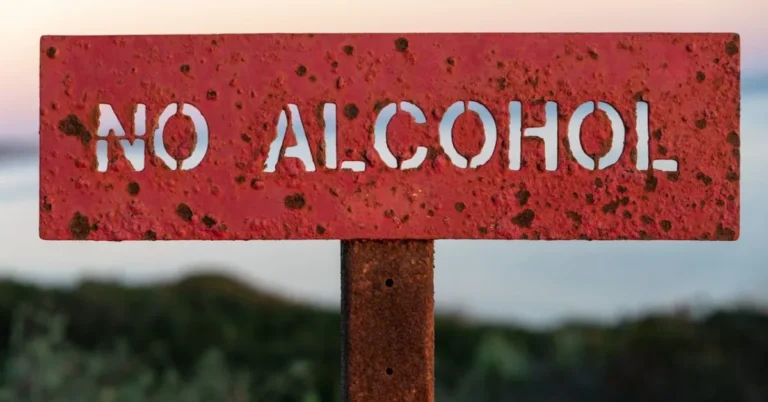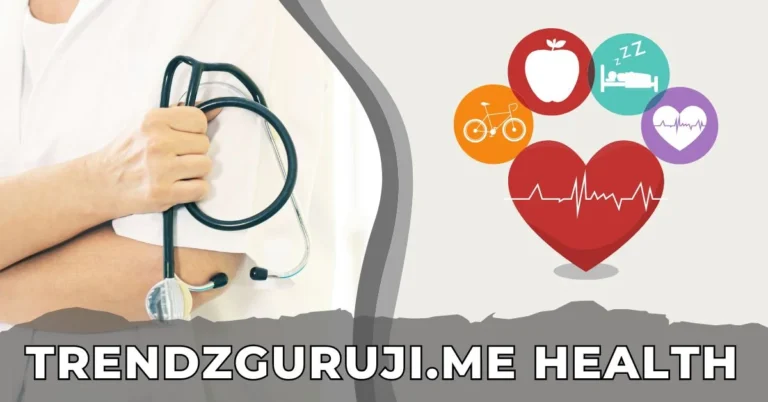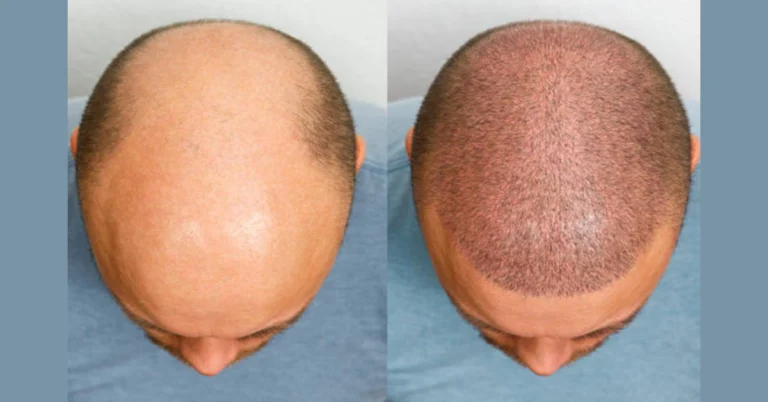In Pursuit of Wholeness: Heroin Addiction Treatment as Personal Transformation
Heroin addiction is a deeply complex and challenging experience that affects individuals physically, psychologically, and spiritually. The journey toward recovery from heroin addiction is not just about overcoming physical dependence; it’s also about reclaiming one’s sense of self, finding purpose, and embarking on a path toward wholeness. In this exploration, we delve into the profound journey of heroin addiction treatment as a process of personal transformation.
Understanding Heroin Addiction: A Multifaceted Challenge
Heroin addiction is characterized by a compulsive need to seek and use the drug despite its devastating consequences. Physiologically, heroin hijacks the brain’s reward system, leading to tolerance, dependence, and withdrawal symptoms when use is discontinued. However, the roots of addiction often extend beyond mere physical dependence. Individuals struggling with addiction treatment frequently grapple with underlying trauma, mental health issues, social isolation, and a profound sense of disconnection from themselves and others.
The Traditional Approach to Heroin Addiction Treatment
Historically, addiction programs have been addressed primarily through conventional methods such as detoxification, medication-assisted treatment (MAT), and counselling. These approaches are essential for managing withdrawal symptoms, reducing cravings, and providing therapeutic support. However, while these methods are effective in addressing the physiological aspects of addiction, they often fall short in addressing the deeper emotional and existential wounds that fuel addictive behaviours.
The Paradigm Shift: From Treatment to Transformation
In recent years, there has been a growing recognition within the addiction treatment community of the need for a more holistic and integrative approach to addiction recovery. This paradigm shift emphasizes not just the cessation of drug use but the cultivation of resilience, self-awareness, and personal growth.
Holistic Healing: Addressing the Whole Person
Holistic heroin addiction treatment recognizes that addiction is a symptom of underlying imbalances in the body, mind, and spirit. As such, effective treatment must address the whole person, integrating physical, emotional, mental, and spiritual modalities. Holistic therapies such as yoga, meditation, acupuncture, nutrition therapy, and mindfulness-based practices are increasingly being incorporated into addiction treatment programs to promote overall well-being and facilitate healing on multiple levels.
Healing Trauma: Uncovering the Roots of Addiction
Many individuals struggling with addiction recovery have experienced significant trauma in their lives, ranging from childhood abuse and neglect to domestic violence, sexual assault, and combat trauma. Addressing unresolved trauma is essential for sustainable recovery, as it is often the driving force behind addictive behaviours. Therapeutic modalities such as trauma-informed therapy, eye movement desensitization and reprocessing (EMDR), and somatic experiencing can help individuals process and integrate traumatic experiences, paving the way for healing and transformation.
Cultivating Connection: The Power of Community Support
Recovery from heroin addiction is not a solitary journey but a communal endeavour. Building a supportive network of peers, mentors, and loved ones is crucial for maintaining sobriety and navigating life’s challenges. Mutual aid groups such as Narcotics Anonymous (NA) and SMART Recovery provide a safe and non-judgmental space for individuals to share their experiences, receive support, and find hope in the shared journey of recovery.
Finding Purpose: Rediscovering Meaning in Life
Central to the process of personal transformation in addiction recovery is the rediscovery of purpose and meaning in life. Many individuals struggling with addiction have lost sight of their inherent worth and potential, as their lives become consumed by the pursuit of drugs. Through therapy, self-reflection, and experiential activities, individuals can reconnect with their passions, values, and aspirations, empowering them to create a life aligned with their deepest desires.
Embracing Spirituality: Nurturing the Soul
For some individuals, addiction recovery is not just a journey of physical and psychological healing but also a spiritual awakening. Spirituality provides a profound connection, purpose, and meaning beyond the material realm. Practices such as prayer, meditation, journaling, and mindfulness can nurture the soul, fostering a sense of inner peace and serenity even in the face of life’s challenges.
The Road to Recovery: A Lifelong Journey
Recovery from heroin addiction is not a linear process but a lifelong journey marked by ups and downs, successes and setbacks. Relapse is often a part of the recovery process, and it does not signify failure but rather an opportunity for growth and learning. What’s important is not perfection but persistence, resilience, and a commitment to self-care and self-discovery.
Conclusion: From Darkness to Light
In the pursuit of wholeness, heroin addiction treatment transcends mere symptom management to become a profound journey of personal transformation. It’s a journey of healing trauma, rediscovering purpose, cultivating connection, and embracing the fullness of one’s being. While the path may be arduous and challenging, the rewards are immeasurable: a life of sobriety, meaning, and fulfilment. As individuals embark on this journey, they are not just recovering from addiction; they are reclaiming their humanity and stepping into the fullness of who they are meant to be.
In the pursuit of wholeness, addiction treatment programs become not just a process of recovery but a profound journey of self-discovery, healing, and transformation. It’s a journey from darkness to light, from despair to hope, from isolation to connection. In this journey, individuals discover the power to overcome addiction and the beauty of reclaiming their lives and embracing their true selves.







